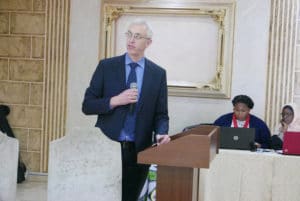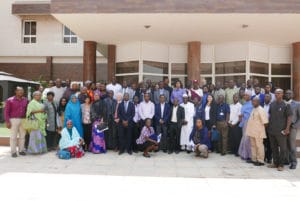Recently, at Abuja, the capital of Nigeria, United for Efficiency-en.lighten launched a two-year pilot project to reduce health risks from lighting in Nigeria. The project will accelerate the transition from kerosene and other fuel-based lanterns to solar lighting, reducing homes’ indoor air pollution and improving Nigerians’ health and standard of living. The launch event, held on 6 March 2017 in Abuja, was organised in collaboration with Climate and Clean Air Coalition Secretariat and the Ministry of Environment of Nigeria.
In Nigeria household air pollution causes roughly 95,000 premature deaths each year. Kerosene lighting used in many households produces smoke with black carbon that penetrates the body causing respiratory and cardiovascular diseases.
In addition, switching kerosene to solar lighting provides significant health benefits. It prevents premature deaths, minimises skin injuries and burns, and prevents accidental ingestion of kerosene by children.
The United for Efficiency-en.lighten project will support Nigerian policymakers to develop and implement policies reducing black carbon emissions.
 Paul Kellett, Manager of the UN Environment-led United for Efficiency-en.lighten Initiative, stated at the launch that the program would support Nigeria to lead the regional lighting market transformation, “This project allows us to support Nigerian decision makers to make informed policy choices improving Nigerians’ health and standards of living.” Kellett added, “Nigerian policymakers are committed to lead change, and we are keen to help them to deliver high quality and cost effective home solar lighting solutions.”
Paul Kellett, Manager of the UN Environment-led United for Efficiency-en.lighten Initiative, stated at the launch that the program would support Nigeria to lead the regional lighting market transformation, “This project allows us to support Nigerian decision makers to make informed policy choices improving Nigerians’ health and standards of living.” Kellett added, “Nigerian policymakers are committed to lead change, and we are keen to help them to deliver high quality and cost effective home solar lighting solutions.”
From 2017 – 2018 the project aims to finance the feasibility of energy-efficient lighting subsidy reform, develop and implement a policy framework to accelerate the deployment of energy-efficient solar lighting solutions for households, and train locals to assemble and repair the new off-grid lighting systems.
 Twenty participants from the Nigerian public and private sectors and the project’s co-lead, the United Nations Development Programme, were present at the event, as the key partners in implementing the project in Nigeria.
Twenty participants from the Nigerian public and private sectors and the project’s co-lead, the United Nations Development Programme, were present at the event, as the key partners in implementing the project in Nigeria.
United for Efficiency works with a network of private and technical institutions and governments in over 50 countries around the world. It supports developing countries and emerging economies to move their markets to higher energy-efficient products.
Explore United for Efficiency’s Country Assessments of Nigeria


Leave a Reply